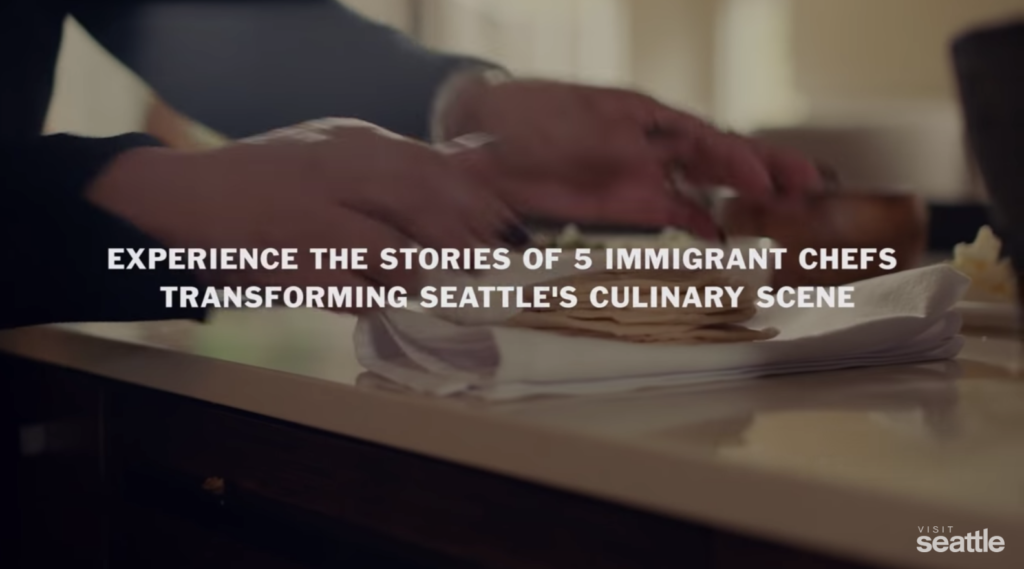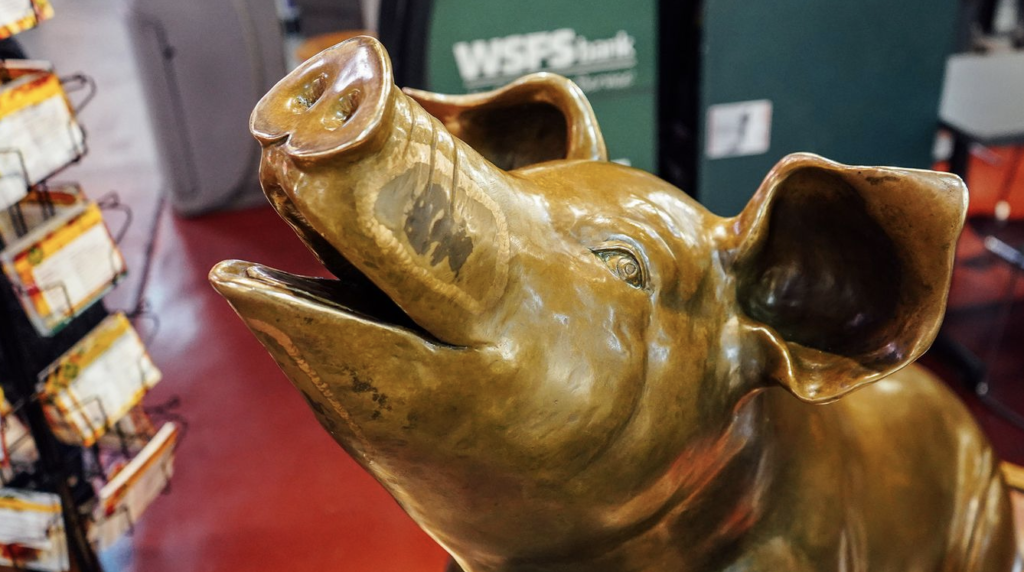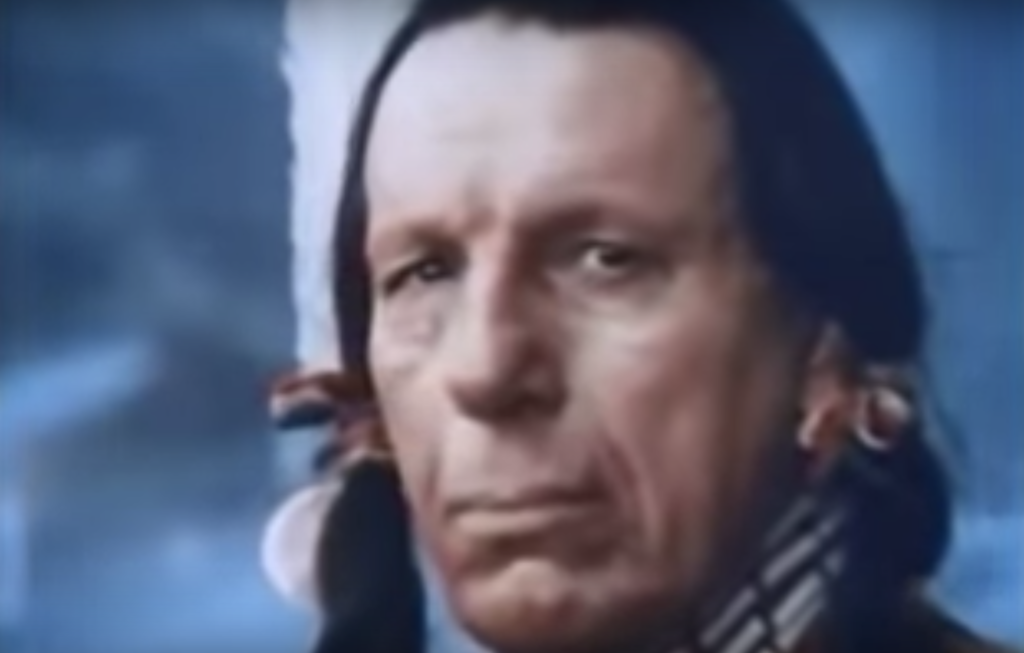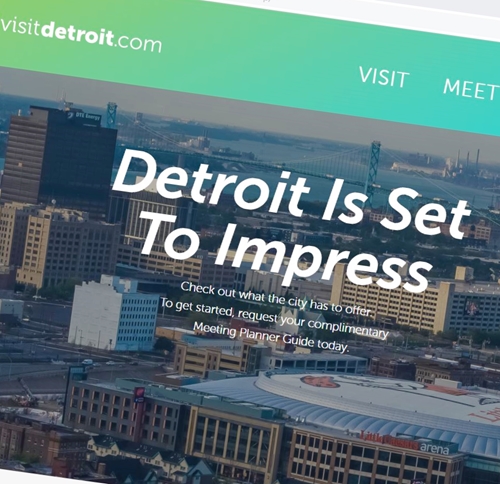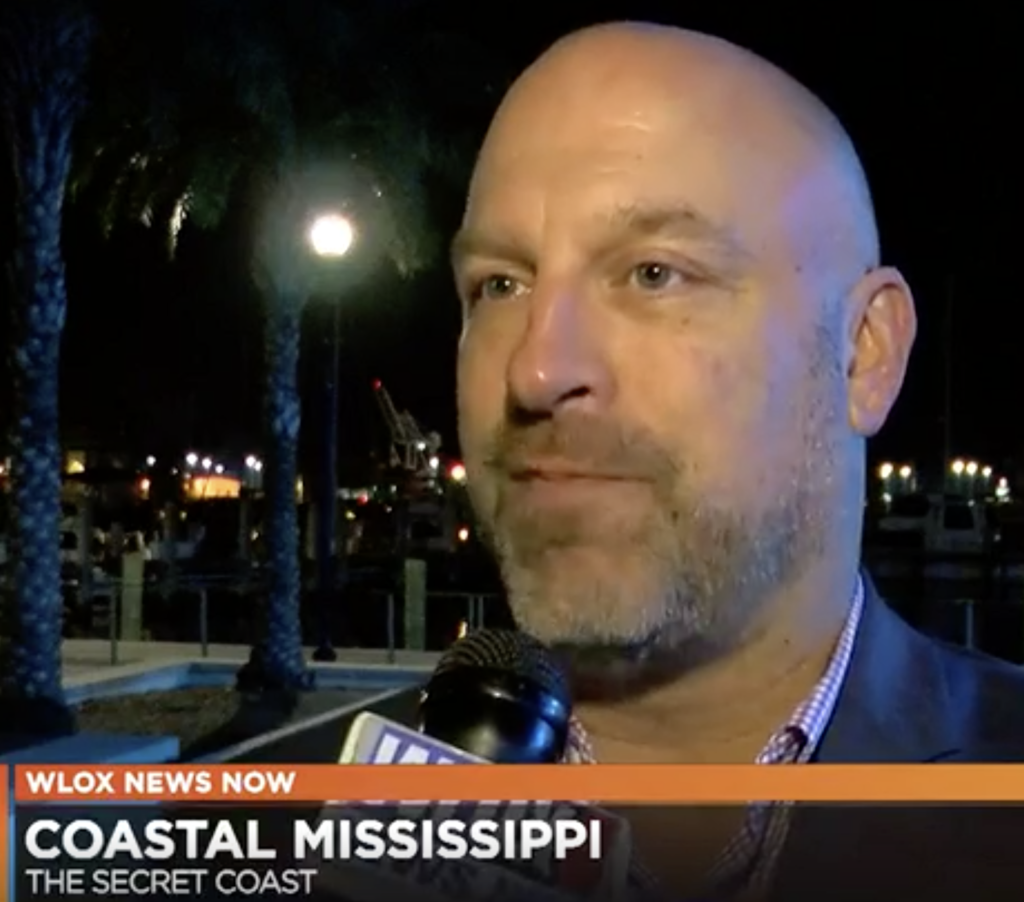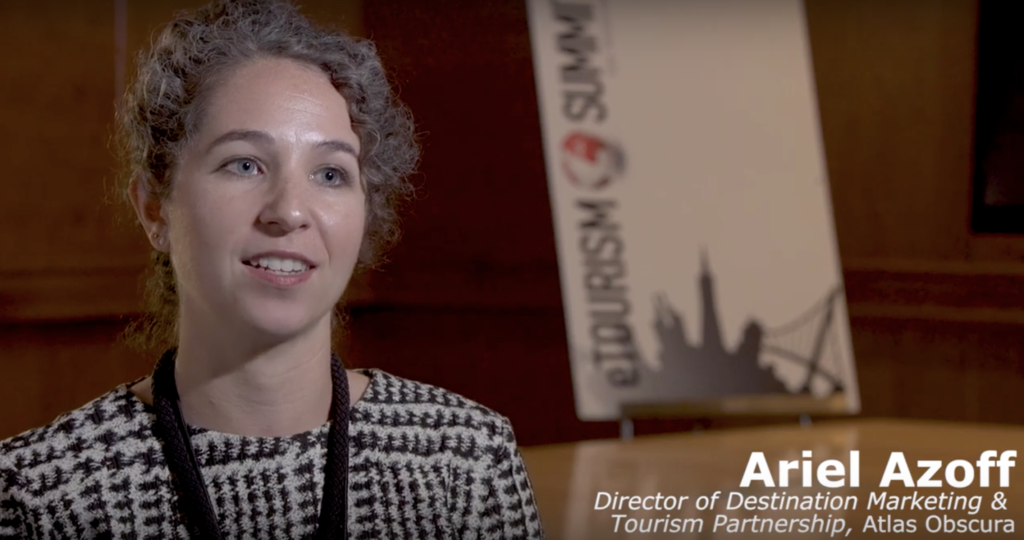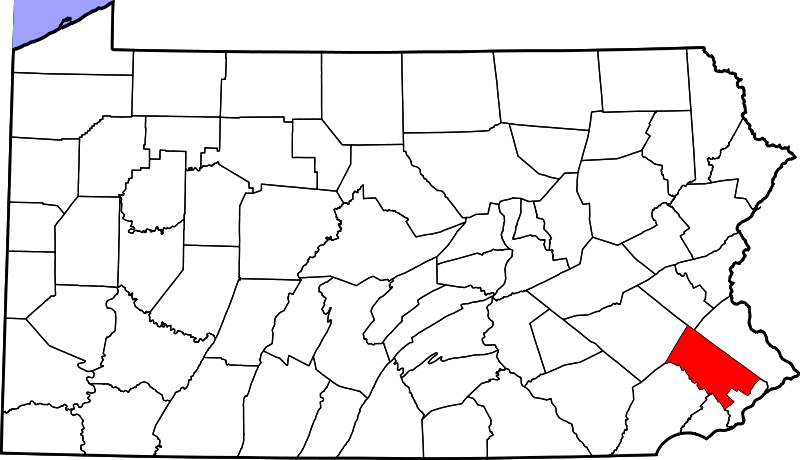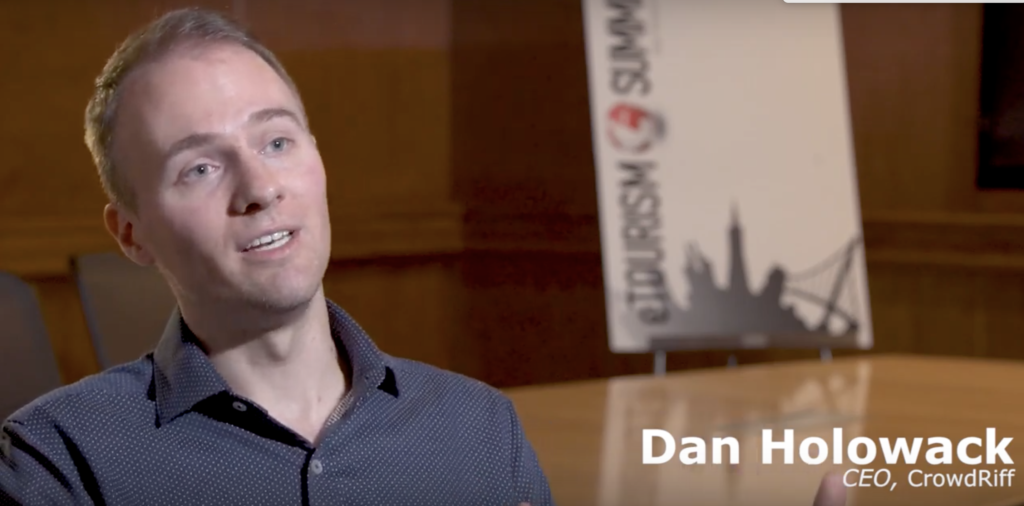
Monya Mandich, VP-Marketing at Expedia Group Media Solutions, is next up.
Her insightful Q&A responses represent the tenth interview in “Thought Leaders See Tomorrow,” a series in which The Travel Vertical talks to members of the eTourism Summit Advisory Board in the run-up to the 20th Annual
Q: Digitally-speaking, what keeps you up at night?
Attribution is something that is always in the back of mind—day and night. Campaign effectiveness, measurement
That is why incrementality is so interesting to travel marketers, as a way to help demonstrate if a campaign is truly making a positive impact on the business.

Q: What will the successful DMO model look like in five years? What are its main differences to the current model?
For all destinations, there is a shared objective of increasing visitation and growing business, but there are added layers of complexity when thinking about target audiences, priority regions, seasonality
Future success for destinations will be dependent on an insights-led approach across all facets of marketing, from informing strategy and tactics to partnerships and execution. Today, savvy DMOs are leveraging smart data to better understand traveler behavior and competitive differentiators and using those actionable insights for sophisticated targeting and campaign creative. This will soon be the norm. Finding ways to reach and meaningfully engage with potential travelers is also becoming more complex. Destinations must find innovative ways to break through the clutter and drive consideration—online and offline.

Q: Where will DMOs be able to add value? And especially, how can we create trust and deliver on it?
Consumers today face a barrage of information and choices when planning a trip, especially in leisure travel. Destinations will need to continue to build awareness and inspire travelers in unique and innovative ways, to drive new and repeat visitation.
Bringing in incremental travelers is another area of added value, for both DMOs and online travel companies. Proving the return on investment across efforts is incredibly important, and something we’re focused on with every campaign and partnership at Expedia Group Media Solutions.
From our perspective, every successful partnership starts with a common goal in mind. We take steps to ensure that we are aligned with our partners’ objectives, and are able to develop a strategy that maps to these goals. Having this clear and shared understanding allows us to ensure our partners’ needs and expectations will be met.
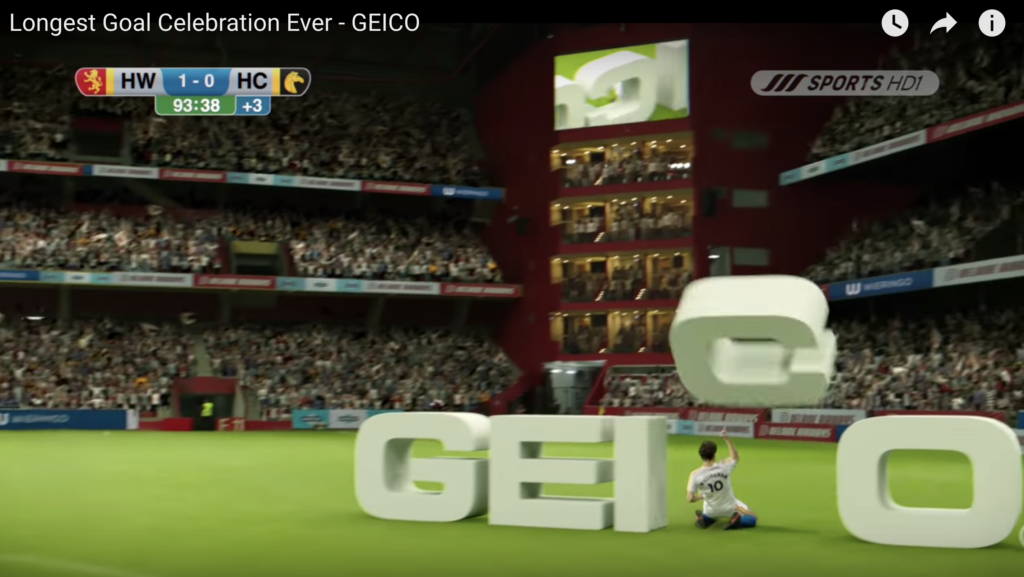
Q: Outside of travel, which marketing work impresses you and are there lessons that can be applied to tourism marketing?
There is so much amazing and thoughtfully creative work in the global marketing world today. Asking me to select my favorite would be like asking a parent to pick their favorite child!
As an avid follower of last year’s World Cup—zivili—I loved Geico’s “Longest Goal Celebration Ever” commercial. It was a great example of the brand staying true to the company’s humor and value proposition for customers while connecting and creating relevance with a pop culture moment.

Q: Looking glass: What will the digital travel marketing landscape look like five years from now?
Travel has always been a very crowded and competitive marketplace, and I don’t expect that competitive intensity to lessen in the years ahead.
The globalization of travel—largely due to technology advancements that make it easier for people to travel and visit places that might have otherwise been unimaginable—has resulted in a new generation of travelers that are more open-minded, have a broader consideration set and are looking online for inspiration.
Today’s travelers are consuming more digital content than ever before, and heavily reliant on their mobile devices, and this behavior will only continue to trend upward.
We, as travel marketers, need to show up where our consumers demand. We will need to adapt and evolve the advertising technologies, platforms, and tactics we use to reach potential travelers and ensure we are always adding value and relevance to the consumer experience. This value exchange is especially critical in a time when the bar is being raised on advertising, with shifting consumer and industry expectations.

Q: How can data drive better creative?
I think we can all agree that data is the most important tool for a marketer. While increased measurement capabilities and a growing digital ecosystem continually illustrate the true power of data analytics to drive performance and improve results, data has also changed the way we view creativity.
As marketers, we’re constantly looking for the right balance of data and creativity to not only inspire and engage travelers, but drive demand and deliver impactful, measurable results. Savvy travel brands are harnessing data to create personalized online experiences that are more relevant for consumers, and more likely to drive consideration and travel demand. Effective campaigns deliver the right message, on the right channel, to the right customer—but in a way that feels personalized, and adds value to the consumer experience.

